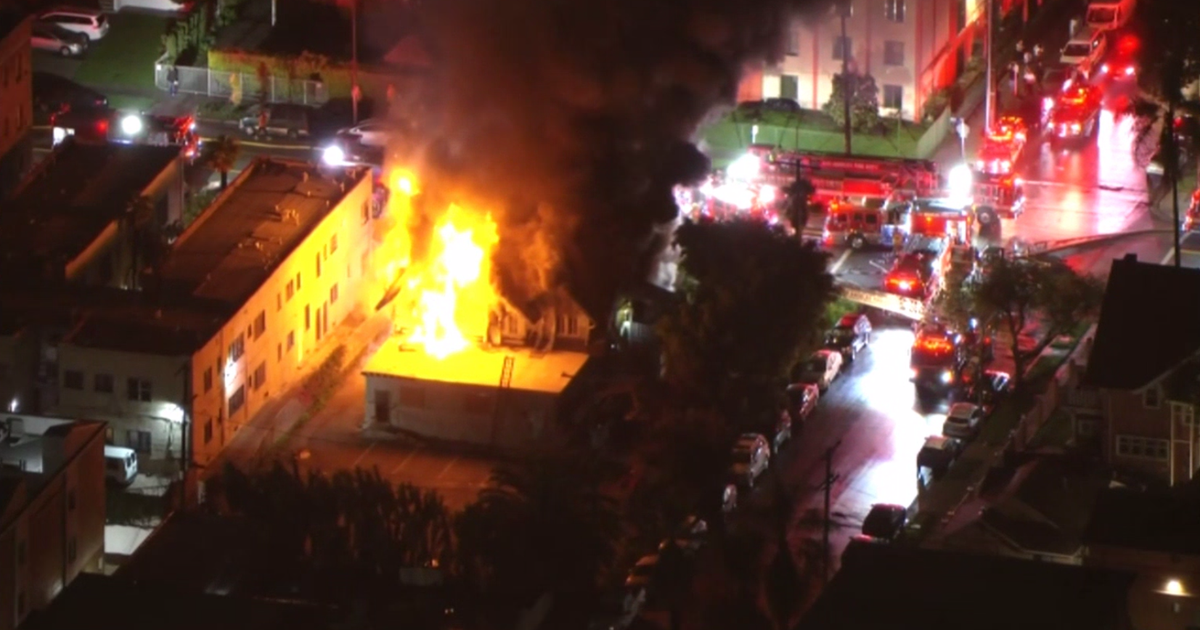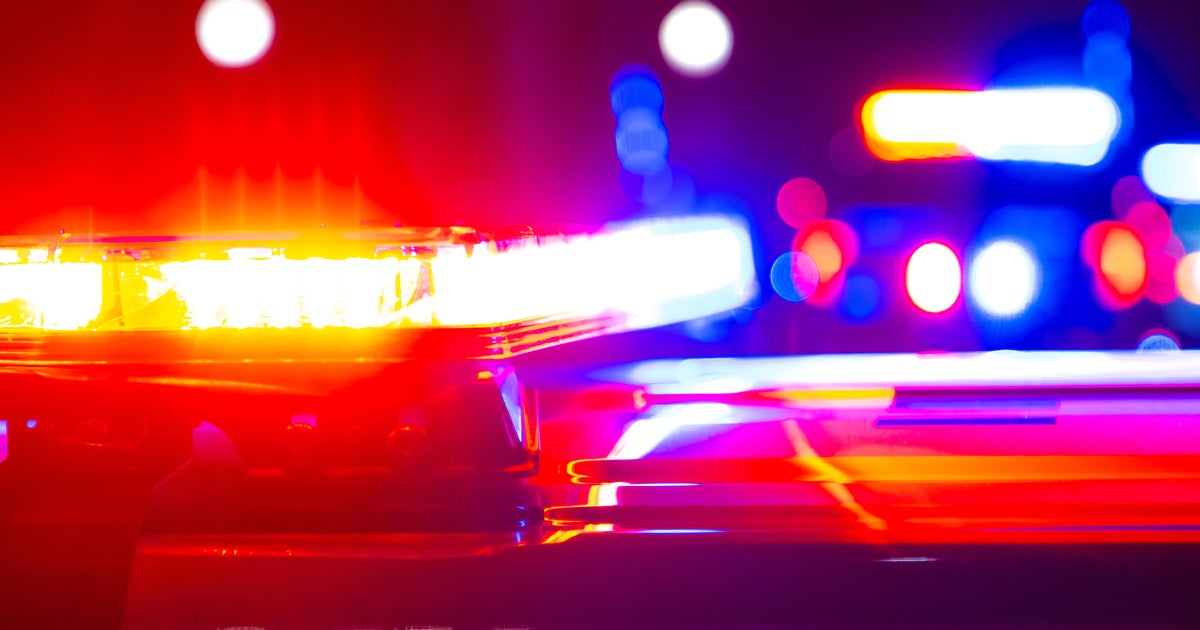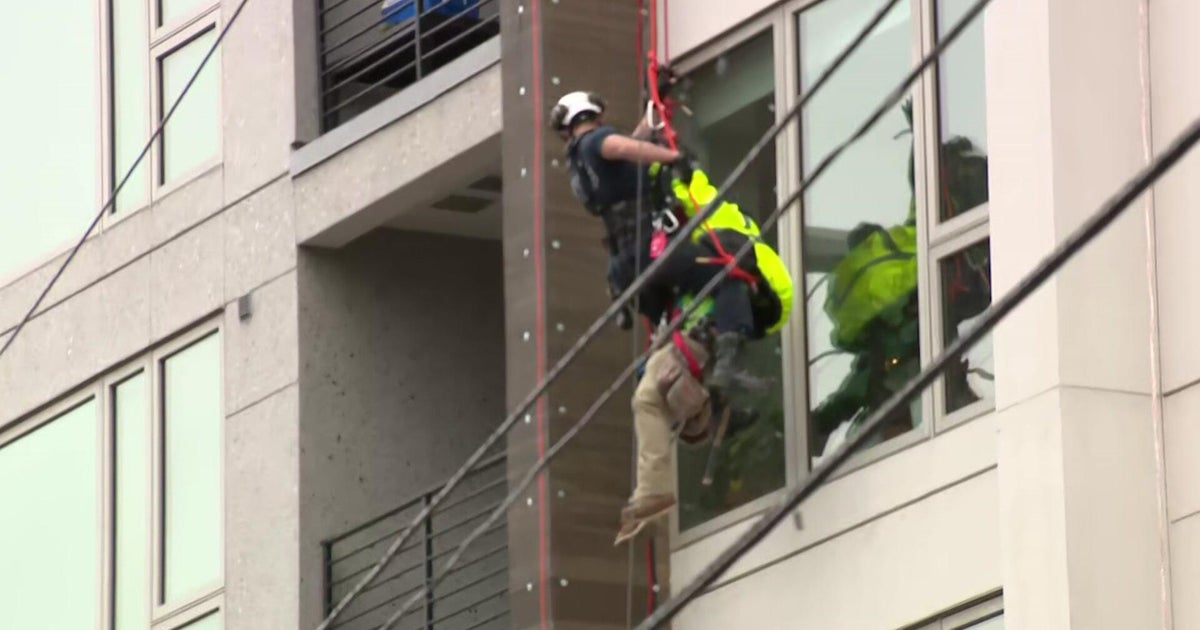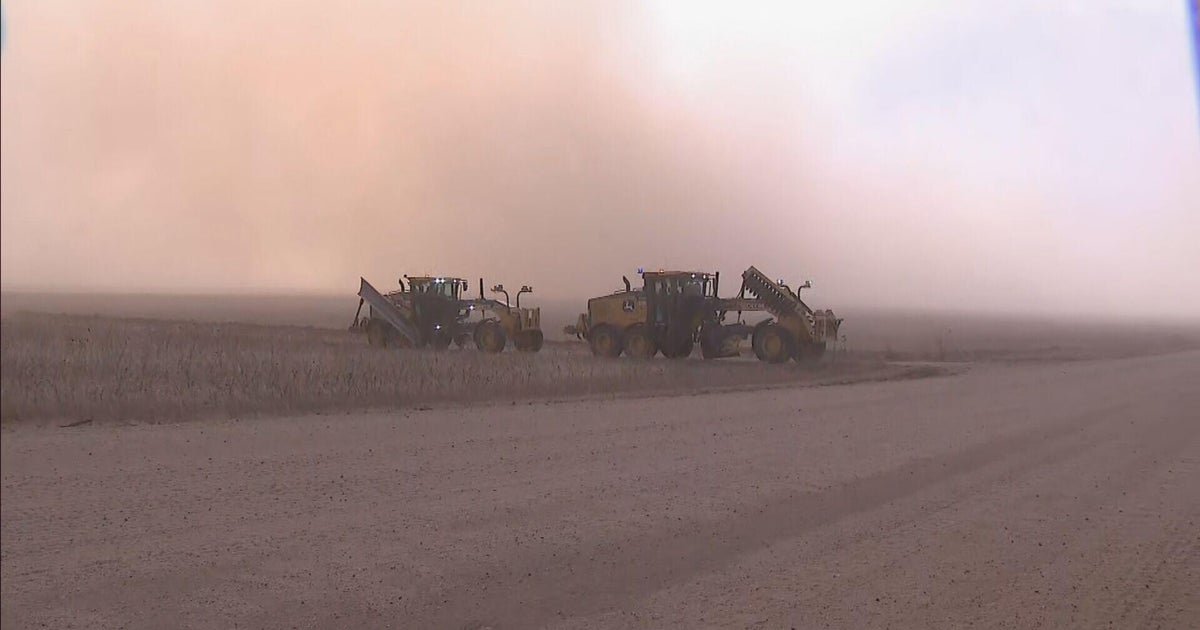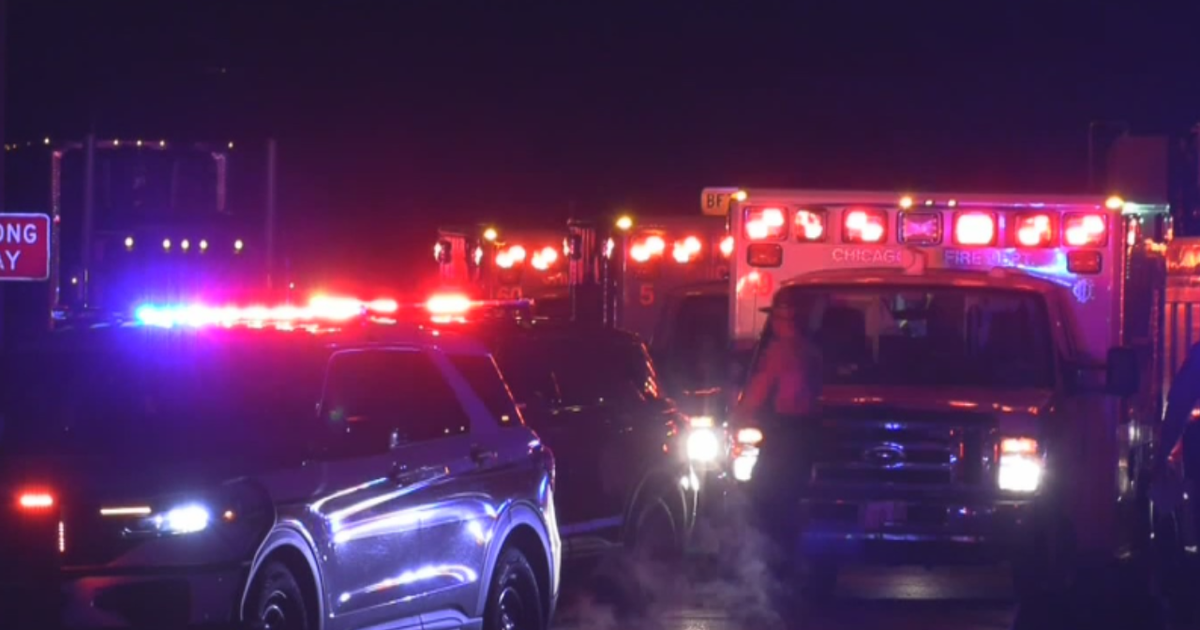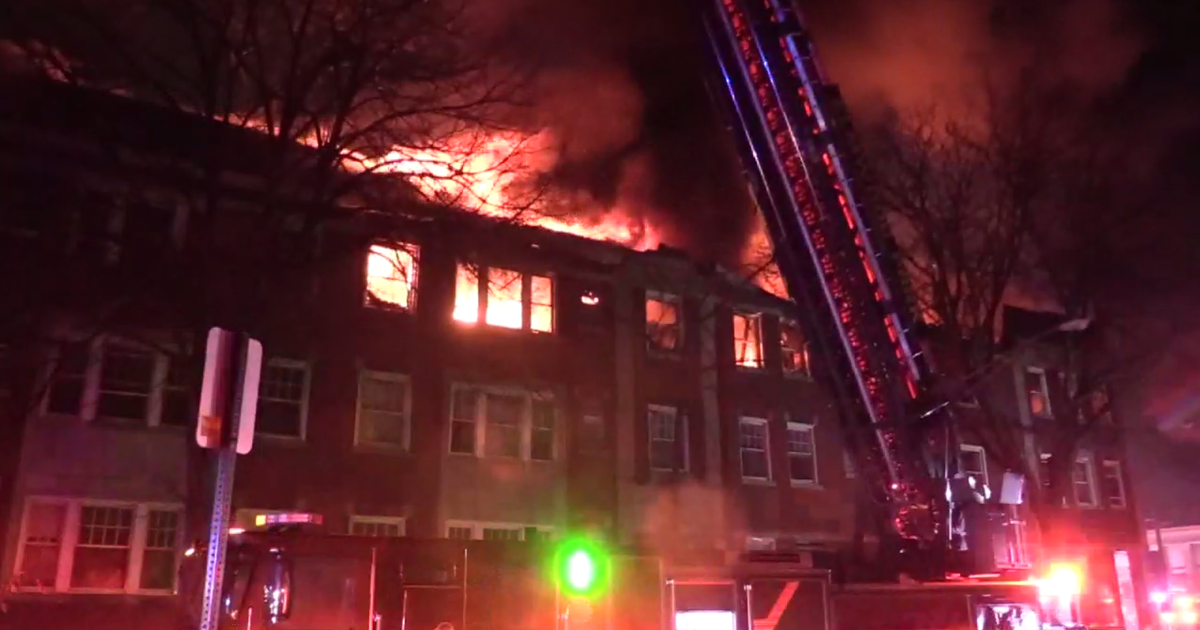Firefighters At Risk Of Cancer Rely On Canines With Nose For Carcinoma
MODESTO (KPIX) -- Beyond the danger of flames and collapsing structures is a hidden reality of life in the fire service -- cancer.
A study from the Center for Disease Control says 68 percent of firefighters will develop cancer at some point, compared to 22 percent of the general population.
"Unfortunately, for us, we've had quite a few guys in our organization who've come down with different cancers -- ranging from multiple myeloma to bladder cancer to cancer on kidneys, a lot of prostate cancer, a lot of skin cancer," Modesto firefighter Jeremy Eldredge told KPIX 5.
In an effort to catch cases of cancer early, the Modesto City Firefighters Association Local 1289 is paying $20 per firefighter to use an experimental test to try and catch cancer early.
In the basement of Modesto's Fire Station 11, firefighters slipped a surgical mask over their ears and breathed into it for 10 minutes. Those masks were then sealed and shipped 3,000 miles away to Glenn Ferguson, with Cancer Dogs Canada in Quebec.
Ferguson has trained six beagle hound mixes to sniff out cancer.
"Our sensitivity is over 95 percent accuracy for finding cancer and our specificity is over 60 percent -- which means that 30 or 40 percent of people detected by us will have another condition that's not cancer. But, over 60 percent do have cancer -- which, in itself, is very accurate compared to other tests," Ferguson said.
If four out of six dogs signal on the same surgical mask, Ferguson asks that firefighter for a longer test of about 20 minutes. He also recommends the firefighter go see a doctor and get a blood test.
"What we're offering is a screening method, it's quite different than a diagnostic method," claims Ferguson.
While Ferguson's method is still experimental, fire departments across the United States have signed up for the test.
Ferguson's dogs caught early-stage colon cancer in Chicago firefighter Jim O'Malley.
"They said you have colon cancer and it kinda took the wind out of my sail", O'Malley said.
Even though though Ferguson's test isn't yet peer-reviewed, Modesto firefighter Jeremy Eldredge says the $20 cost is worth it.
"They use service dogs for people with seizures, they use service dogs for people with diabetes, so why not? For 20 bucks, what's the downfall? Worst comes to worst, it brings some awareness to the organization, makes guys think about it and just that alone is worth the money."
